In the sector of high-stakes prison battles, twists and turns aren’t unusual. One such rollercoaster journey these days performed out whilst former President Donald Trump’s attorney, Alina Habba, made after which, in the end, retracted a “war of hobby” declared against the Judge who presided over the E. Jean Carroll defamation trial. This dramatic episode opened up in the aftermath of an $83.3 million verdict against Trump.
The Allegation
It all started out when Alina Habba stated a New York Post tale in a letter to the court docket. The tale claimed that U.S. District Judge Lewis Kaplan had a longstanding professional relationship with Roberta Kaplan, the attorney representing E. Jean Carroll in the defamation trial. According to an unnamed former associate of the primary law organization Paul, Weiss, Rifkind, Wharton & Garrison, in which each Judge Kaplan and Roberta Kaplan had labored in the 1990s, the Judge had acted as a mentor to the legal professional.
Upon mastering this alleged connection, Alina Habba expressed her astonishment to the New York Post, describing the situation as “insane and so incestuous.” She firmly said that this revelation came as news to her felony team, and they intended to encompass it in their appeal, considering it an ethics violation due to the shortage of previous disclosure.
The Response
Roberta Kaplan, in her reaction, refuted the allegations, offering a detailed timeline of her personal and professional history. She pointed out that she joined Paul Weiss as a junior litigation companion in October 1992, whilst Judge Kaplan was a senior litigation companion. Kaplan recalled her time at the corporation but stated she had no recollection of ever operating on a case, attending conferences, or being worried in court cases with Judge Kaplan.
Furthermore, Roberta Kaplan categorically denied any mentor-mentee relationship between herself and Judge Kaplan, efficiently disregarding the allegations made by Alina Habba as baseless. She asserted that the allegations have been a part of a broader method hired via the Trump team to undermine the integrity of the judicial gadget.
Haba’s Counter
Habba, in her subsequent letter, clarified that her goal has been entirely to inquire about the lifestyles of the alleged relationship, given the current New York Post tale. She stated that due to the fact that Roberta Kaplan had denied the life of a mentor-mentee dating, the difficulty seemed to be resolved.
The Bigger Picture
This prison drama raises several vital questions about the ethics and transparency within the felony gadget, particularly in high-profile instances related to public figures. Let’s take a closer look at a number of the key components:
1. Transparency in the Legal System
The middle issue at the coronary heart of this controversy is the disclosure of relationships that could probably impact the impartiality of a decision. Transparency in the prison device is important to preserve public agreement and self-assurance. In instances in which judges and attorneys have previous expert connections, must there be an obligatory disclosure requirement? This incident underscores the importance of addressing such issues to ensure fairness and justice.
2. The Role of Allegations in Legal Strategy
Allegations of bias or impropriety aren’t uncommon in excessive-profile felony battles. They can be strategic tools used to shape public opinion and impact the belief of a case. The Trump group’s allegations of bias are just one example of how prison strategies enlarge beyond the courtroom and into the realm of public discourse. What effect can such techniques have on the integrity of the felony method?
3. The Public’s Perception
The public’s notion of the prison gadget is heavily influenced by excessive-profile instances and the narratives surrounding them. In this instance, the allegations made by using Alina Habba and the subsequent responses have the potential to form public opinion about the fairness of the judicial method. How does the media’s role in reporting those allegations impact public perception, and what may be completed to make certain balanced and knowledgeable information about felony lawsuits?
4. The Consequences of False Allegations
Roberta Kaplan’s reaction highlighted the potential outcomes of false allegations of impropriety. She cautioned that sanctions might be sought in opposition to Alina Habba for making baseless claims. What mechanisms exist in the felony system to cope with such allegations and deter their misuse? How can the system strike a balance between protecting the reputation of judges and making sure of duty?
The criminal saga surrounding Alina Habba’s preliminary conflict of hobby allegation towards U.S. District Judge Lewis Kaplan in the E. Jean Carroll defamation trial is a testament to the complexities and demanding situations that can get up in the criminal device. While the problem seems to be resolved with the denial of a mentor-mentee dating, it highlights the need for greater transparency, the careful consideration of allegations, and the effect of public notion on the felony process.
In a generation where excessive-profile instances are subject to excessive public scrutiny, retaining the integrity of the criminal machine is paramount. Ultimately, the courts need to navigate those demanding situations with diligence and equity to make sure that justice prevails.







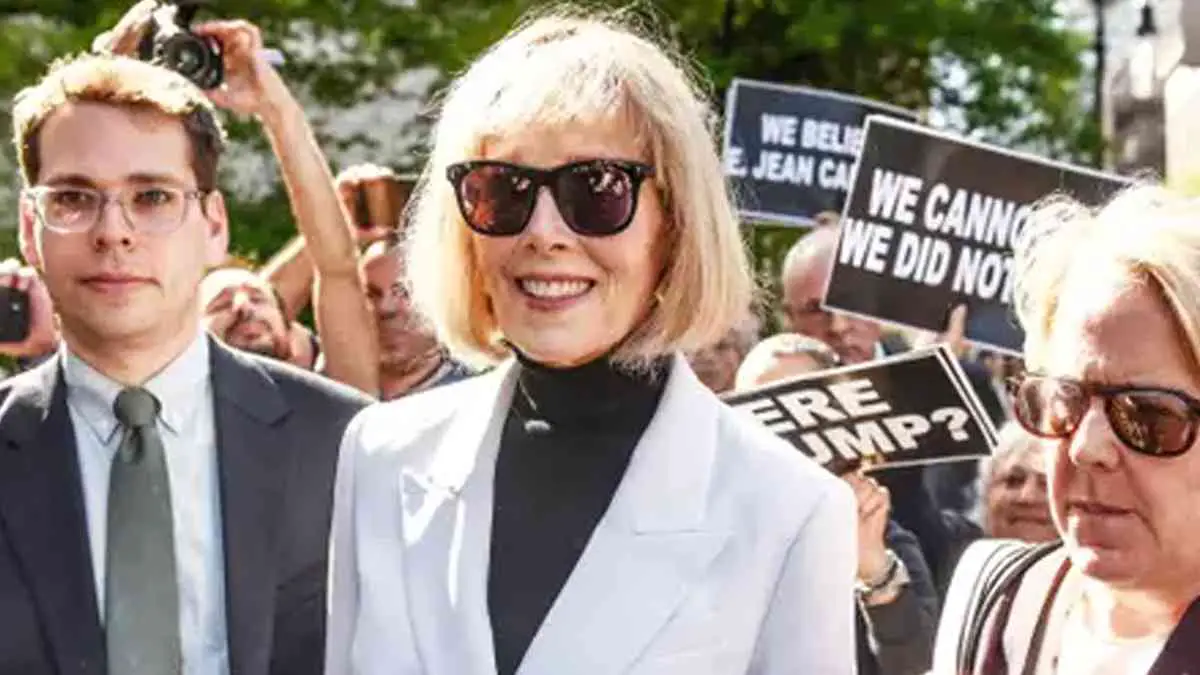

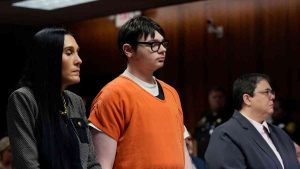

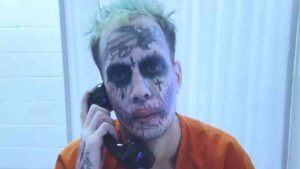


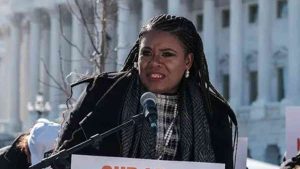

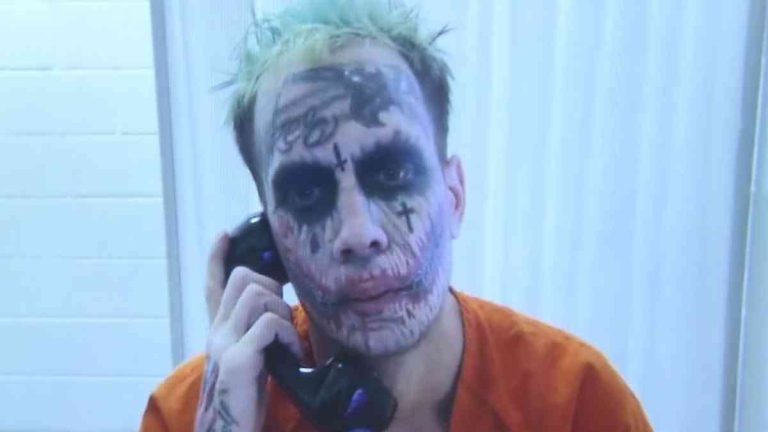


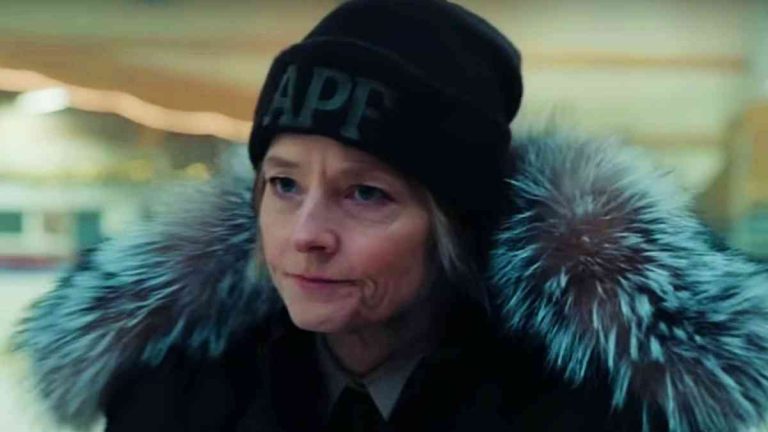


+ There are no comments
Add yours